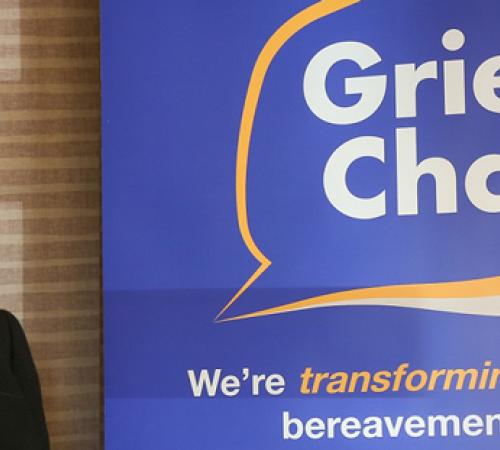
10 steps to Make Your First Charity Event a Success

1. Spread the word
Now’s your chance to let the world know how you’re making a difference. Tell a story, build awareness of your cause, and inspire people to donate.
If some of your guests have been donating to your cause for a long time, organising a charity event is also a great opportunity to thank them. Show them what
2. What will be the theme of your charity event?
Think of something that will help you raise as much money as possible. Here are some ideas for starters:
- Fancy dress – choose a popular theme (i.e. superheroes) so your guests can get creative
- Karaoke – get your guests to sponsor one another to be the best/worst singer
- Pie-throwing competition – invite your guests to get messy and let their hair down
- Sports day challenge – there’s nothing like a bit of healthy competition
- A family activity day – the more the merrier
3. Get the relevant permission for organising a charity event
If your event will take place on unlicensed premises and you’re serving alcohol, you’ll need a Temporary Event Notice from your council. This is also necessary for providing entertainment such as live music, serving hot food or drink after 11pm, and hosting indoor sporting events. Apply for this notice at least 10 working days before the event to make sure it’s approved in time.
4. How many people will be coming?
This is very important when organising a charity event, as you don’t want to end up with more guests than your venue can legally permit. For example, if a venue is too crowded and a fire exit is obstructed, this would be a serious health and safety breach.
Bear in mind that seated dinners and events with lots of bulky equipment will have a lower capacity than a buffet reception, so check the capacity beforehand. The advantage of a standing reception is that you’ll be able to attract more guests, which should help you raise more money.
5. Who will do the catering for your charity event?
Well-established caterers can be booked weeks or months in advance, especially during summer and the run up to the festive season, so arrange this as early as possible.
Always provide a choice of meat or vegetarian options, and ask your guests whether they have any special dietary requirements. If you accidentally give a guest an ingredient that they’re allergic to, they could claim compensation for negligence if they suffer a bodily injury as a result.
6. How will you promote your charity event?
Will you send out invitations online or offline? How will you use social media to maximise guest numbers and donations?
Look for different ways to grab people’s attention and motivate them to attend. For example, if you’re holding the event at a special venue, tell people about the history, the décor or any special features (i.e. a terrace with a panoramic view).
7. How will people get there?
Will your event venue have good access to public transport or parking facilities? Is it easy to find and does it provide accessible facilities? Will you need to hire minibuses/taxis?
8. What will be your fundraising goal and purpose?
Define the purpose of your charity event and determine how much money you will need to raise. Make sure people understand what they’ll be donating to.
9. What’s your budget?
Your budget will need to cover the cost of marketing, the venue space, catering, transport (if applicable), entertainment, utilities, and anything else that will be necessary for the event.
10. Last but not least – what insurance will you need for your charity event?
It’s also important to choose the right insurance when organising a fundraising event. Without adequate cover, you could undermine your organisation’s objectives by putting your charity at a much greater financial risk if someone pursues a claim against you. Making sure you have the right level of cover, including charity public liability insurance, means should anything go wrong the charity is covered.
Charity event cancellation and disruption insurance
Sometimes you may have no option but to cancel an event at the last moment if the circumstances are out of your control. For example, if a key member of staff falls ill, this could make it impossible to proceed.
With the fickleness of the British weather, it may also be worth adding adverse weather cover when organising a charity event outdoors.
Charity event property cover
You may accidentally cause damage to your property or the items you hire or borrow for your event, such as lighting and furniture. So, it could be worthwhile getting charity event property cover to protect you from these potential costs.
Charity public liability insurance
If someone is injured or falls ill because of your activities, they may hold you responsible and claim compensation for negligence. With public liability insurance, you’ll be protected from the expensive legal costs so that the claim can be settled.
Liability insurance is often a priority for charities because of the type of accidents liability insurance covers.
Remember that if you’re responsible for employees and volunteers in your charity, you’ll need employers’ liability insurance as well.
Not sure why you’re charity might require both forms of cover? Find more information with our FAQ guide – What is the difference between public and employers’ liability?
Disclaimer:
At Hiscox, we want to help your small business thrive. Our blog has many articles you may find relevant and useful as your business grows. But these articles aren’t professional advice. So, to find out more on a subject we cover here, please seek professional assistance.






